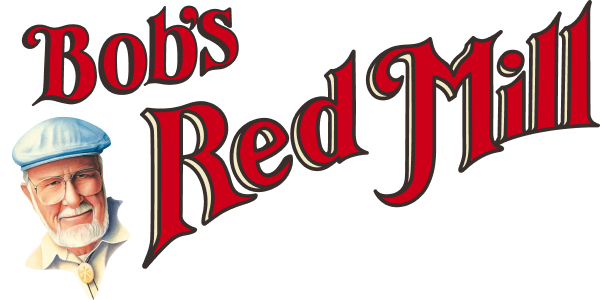


 Easy to make, Traditional Pearl Couscous can be made in just 15 minutes by simply pouring boiling water over the dried couscous and allowing it to cook. To better understand pearl couscous, let's look at the nutrition facts for one serving.
Easy to make, Traditional Pearl Couscous can be made in just 15 minutes by simply pouring boiling water over the dried couscous and allowing it to cook. To better understand pearl couscous, let's look at the nutrition facts for one serving.
 If you're following a specific diet or suffer from a food allergy, then you're likely wondering how or if couscous can adjust to your dietary needs. Review the information below to decide if couscous is an ingredient that will work well with your lifestyle.
If you're following a specific diet or suffer from a food allergy, then you're likely wondering how or if couscous can adjust to your dietary needs. Review the information below to decide if couscous is an ingredient that will work well with your lifestyle.
 While couscous is an excellent dish for beginners to make, there are a few tricks that can help take your favorite couscous recipe up a notch. From toasting to fluffing, here's how you can create couscous like a pro.
While couscous is an excellent dish for beginners to make, there are a few tricks that can help take your favorite couscous recipe up a notch. From toasting to fluffing, here's how you can create couscous like a pro.